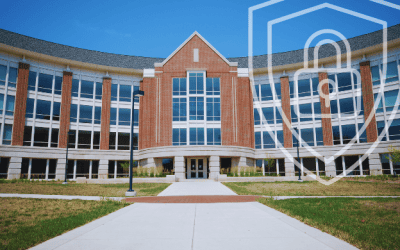JBS S.A, the largest meat producer in several countries including the U.S, faced a widespread cyberattack over the weekend. The ransomware attack affected all of the meatpacking facilities in the U.S with beef plants being forced to temporarily close and other meat plants experiencing some level of disruption. In Australia and Canada, slaughter operations came to a halt as impacted computer systems prevented workers from processing livestock. On Sunday, JBS notified the White House of the ransomware attack that was most likely carried out by Russian based hackers. As the company begins to recover and restore their systems, the Biden administration has offered assistance. While North American and Australian servers were down over the weekend, backup servers were not affected by the attack. As the company begins recovery operations around the world, there are still some major implications that could follow the cyberattack.
As a result of the ransomware attack, meat prices may increase although retailers and the Biden administration are trying their best to mitigate high prices. The sooner systems and plants can return to regular operations, the less prices will be affected. After this incident, some individuals have also highlighted the need to diversify the nation’s meat industry as there are currently four large companies that control the majority of U.S beef production. Overall, this cyberattack along with other recent attacks that have interrupted supply chain operations serve as a warning for companies to increase their cybersecurity practices and remain alert.
Learn more about the cyberattack here.




